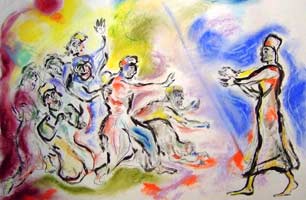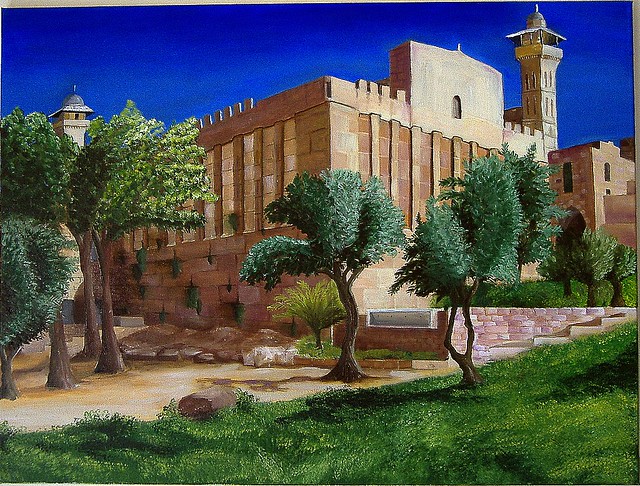
Dvar Torah - Parshat Shmot
Moshe was at the סְּנֶה when Hashem spoke to him for the first time פנים אל פנים. Hashem spoke to Moshe and he said, “רָאִיתִי אֶת עֳנִי עַמִּי אֲשֶׁר בְּמִצְרָיִם וְאֶת צַעֲקָתָם שָׁמַעְתִּי” - I have seen the suffering of my nation in Mitzrayim, and I have heard their cries. When Hashem asks Moshe to lead Bnei Yisrael out of Mitzrayim, Moshe says, “מִי אָנֹכִי כִּי אֵלֵךְ אֶל פַּרְעֹה." - Who am I? How can I go to Pharaoh? He continued by saying, “הִנֵּה אָנֹכִי בָא אֶל בְּנֵי יִשְׂרָאֵל וְאָמַרְתִּי לָהֶם אֱלֹהֵי אֲבוֹתֵיכֶם שְׁלָחַנִי אֲלֵיכֶם וְאָמְרוּ לִי מַה שְּׁמוֹ מָה אֹמַר אֲלֵהֶם." - And even if I go to Bnei Yisrael and tell them that I will take them out of Mitzrayim, they won't know who I am - they won’t follow me.
To help him out, Hashem gave Moshe two signs to show Pharaoh. The first sign was when Moshe threw his staff to the ground, it became a snake. When Moshe picked it up by the tail, it became his staff again. Moshe was able to control the snake, one of Pharaoh's symbols. This shows us that Hashem is greater and has more power than Pharaoh. We learn that Hashem is the true leader and the most powerful. Even if Moshe was nervous about Bnei Yisrael following him, Hashem will help him out every step of the way.
The second sign was when Moshe stuck his hand into his shirt and his hand came out with tzara’at. When he put it in with tzara’at, it then came out without tzara’at. Moshe spoke lashon hara and said that Bnei Yisrael would not listen to him. The punishment for lashon hara is tzara’at. This teaches us that even if the person or people that you are speaking lashon hara about cannot hear you, you should not say lashon hara or anything else not nice about them.
Shabbat Shalom,
Daniel Sarasohn
















